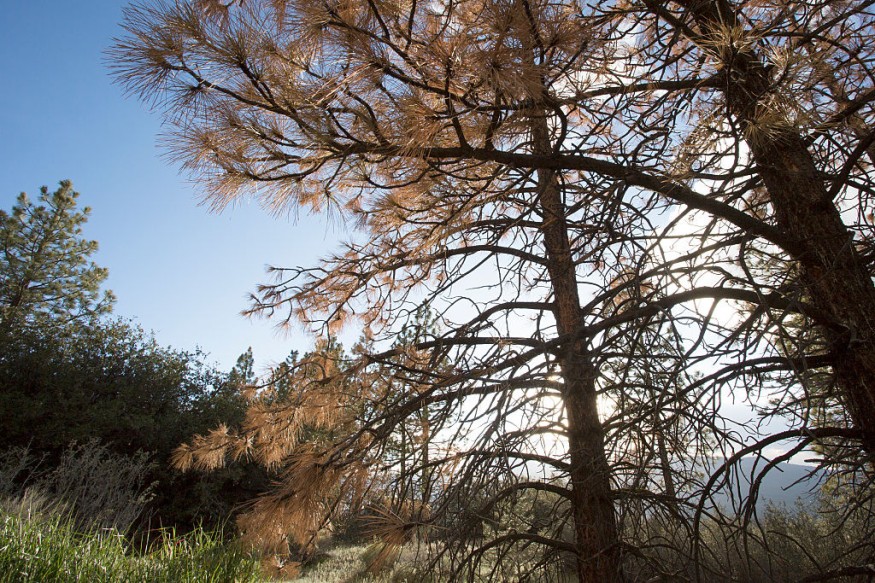Climate change could expand the population of invasive weeds in the Mid-Atlantic and Northeast. It could help worsen the problem, causing socio-economic and ecological damage.
Rising temperature has been a main problem for many scientists due to its extreme impacts on wildlife and communities. The effects could lead to devastating damage, bringing intensifying wildfires, drought, heatwaves and storms.
The increasing greenhouse gas emissions have exacerbated the climate change impacts. As a result, mitigation efforts are crucial to slow down the devastating climate change effects.
In the new study, researchers discovered that climate change can significantly affect the emergence of invasive plants. The research findings were published in Invasive Plant Science and Management.
Expanding Invasive Weeds Impacts And Climate Change Effects

According to researchers, invasive weeds can rapidly become widespread, impacting the crop's productive productivity and survival. Weeds can significantly threaten water resources that are important for native plants.
Invasive weeds can also impact other plants and animals. As a result, weed management is crucial to prevent their emergence in forests and communities due to devastating effects on irrigation and agriculture.
Researchers teamed up to conduct impact assessments on different plants. These plants can likely become influenced by climate change, causing them to expand into various locations in the US, especially in the Mid-Atlantic, Eastern US and Northeast.
Widespread native plants can lead to a damaging aftermath on the economy and crop management. The researchers hoped that the study would help with prevention and management, especially the findings of the impact assessment.
The researchers employed the Environmental Impact Classification for Alien Taxa (EICAT) to analyze the 104 invasive plant species. The risk assessment will help provide new insights into invasive plant management, particularly in areas in West Virginia, Delaware, Kentucky, Maryland, Ohio, New Jersey and New York.
The application of the Invasive Range Expanders Listing Tool will help analyze and give ideas to researchers about the possible socio-economic and ecological impact of moderate to high-impact invasive weeds.
In addition, understanding the invasive species with likely most impacts could help communities with prevention and control efforts to stop the potential spread in ecosystems and wildlife.
Climate Change and Impact of Extreme Weather Events on Communities
In the recent NWN reports, climate change has been a worrying problem, especially for poorer communities. Intense drought and rain could affect ecosystems and people's livelihoods or crops. Increasing climate change can lead to a lack of rainfall, causing wildfire threats and hotter temperatures.
The frequency of extreme weather events could become more challenging for countries or communities to prepare or develop mitigation efforts.
Related Article : US Forests Face Declining Productivity and Carbon Sequestration Under Climate Change
For more similar, don't forget to follow Nature World News
© 2025 NatureWorldNews.com All rights reserved. Do not reproduce without permission.





